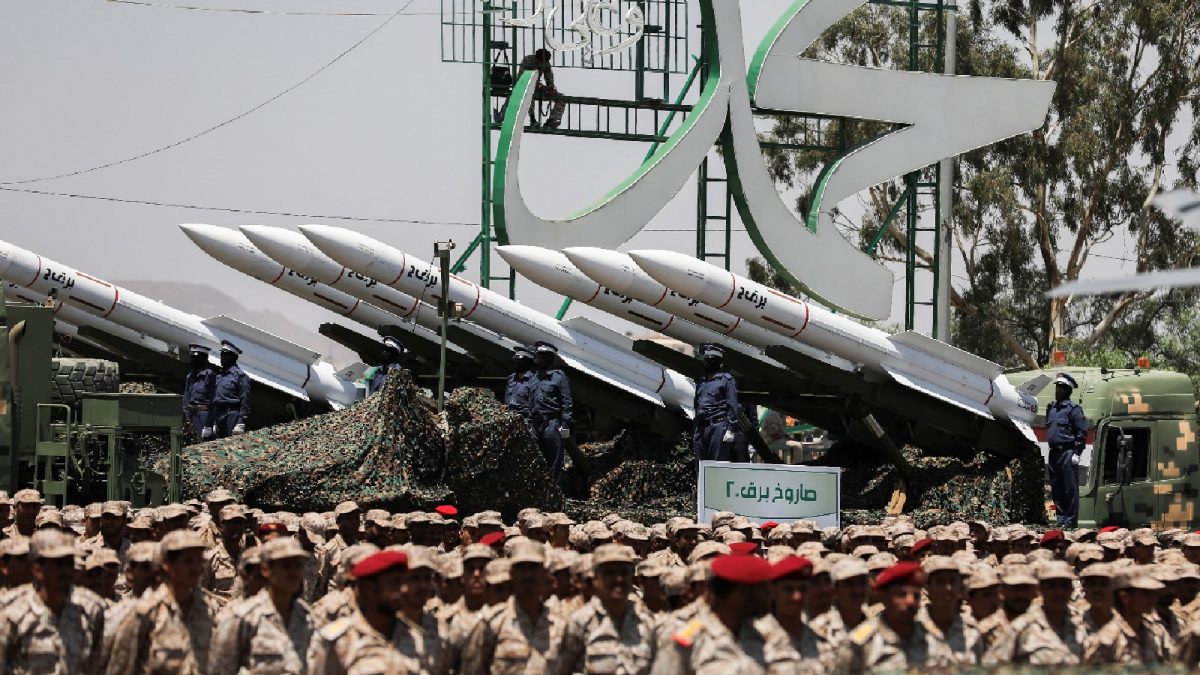In the heart of Iraq's southern Mesopotamian Marshes — a UNESCO World Heritage Site believed by some to be the biblical Garden of Eden — villagers and activists are standing guard over a vanishing world. As seismic surveys and dirt roads creep deeper into the wetlands, fear is growing that oil exploration will finish what drought and damming began.

1/6
A fisherman displays his catch in the shrinking Hawizeh Marshes, which stretch across the Iraq-Iran border in southeastern Missan province. (AFP)

2/6
A fisherman rests in his boat on the shrinking Hawizeh Marshes, which straddle the Iraq-Iran border. As oil drilling looms, locals and activists fight to protect these drought-stricken wetlands. (AFP)

3/6
Environmental activists meet with local communities in the shrinking Hawizeh Marshes, which span the Iraq-Iran border in southeastern Missan province. (AFP)

4/6
Satellite images show Iraq’s southern Huwaizah Marshes on December 16, 2024 (top), and May 1, 2025 (bottom), revealing tracks from heavy vehicles. According to Dutch peace group PAX, the photos indicate rapid construction of a 1.3-kilometre dirt road through the marsh vegetation. The development has alarmed locals and activists fighting to protect the fragile, UNESCO-listed wetlands. (© 2025 PLANET LABS PBC / AFP)

5/6
Gas flares rise from an oil refinery near the shrinking Hawizeh Marshes, which span the Iraq-Iran border in southeastern Missan province. (AFP)

6/6
A fisherman displays his catch from the dwindling waters of the Hawizeh Marshes, which stretch across the Iraq-Iran border in southeastern Missan. As oil exploration plans advance in the protected Mesopotamian wetlands, residents and activists rally to defend a fragile ecosystem already worn down by years of drought. (AFP)

 1 month ago
1 month ago















